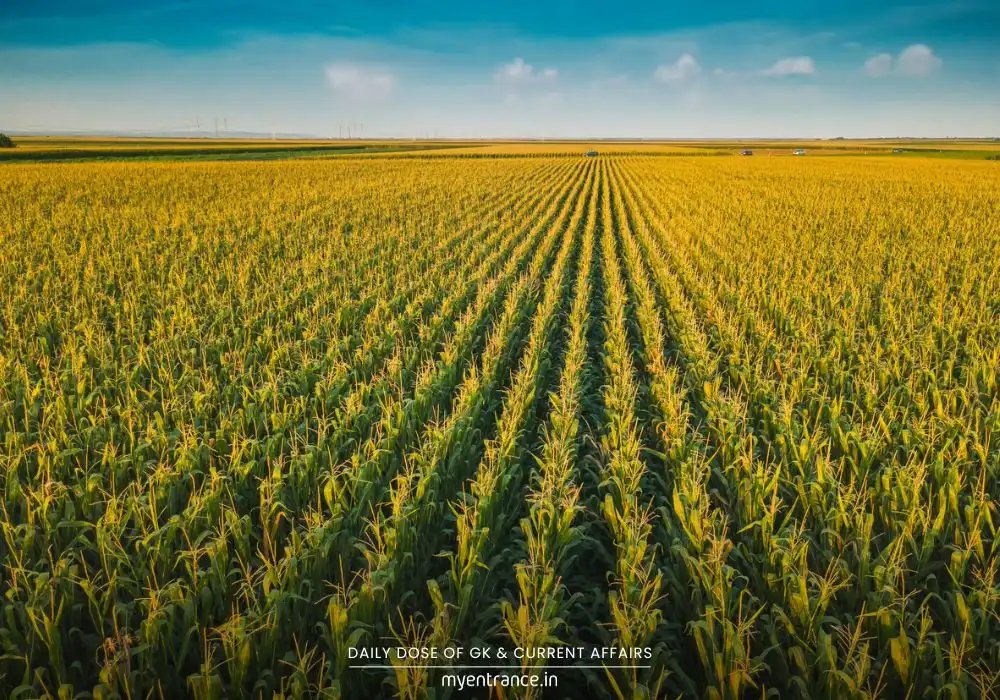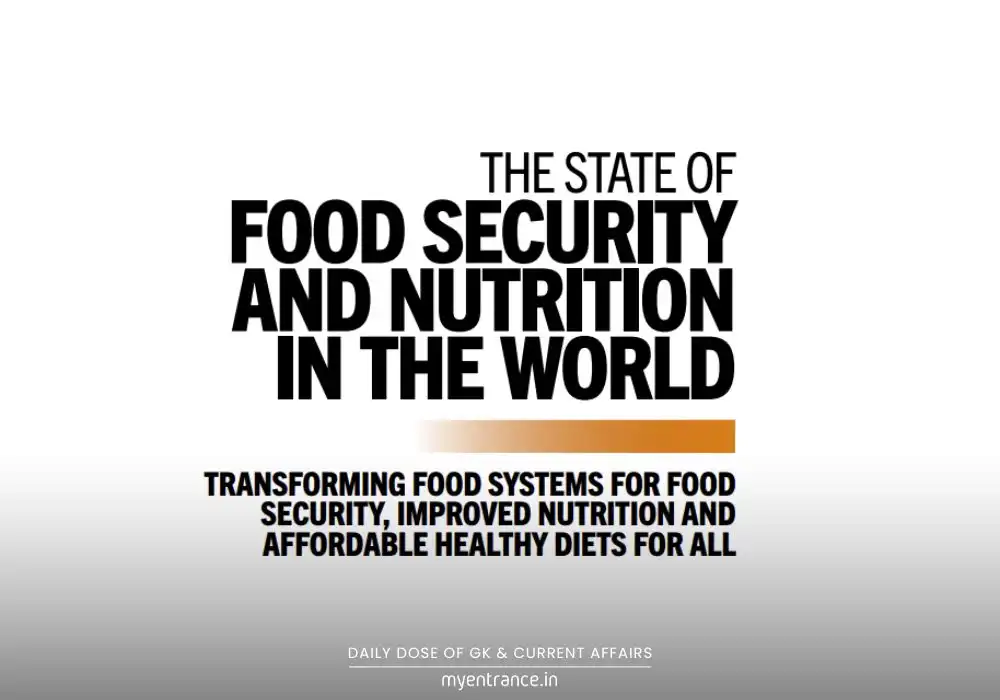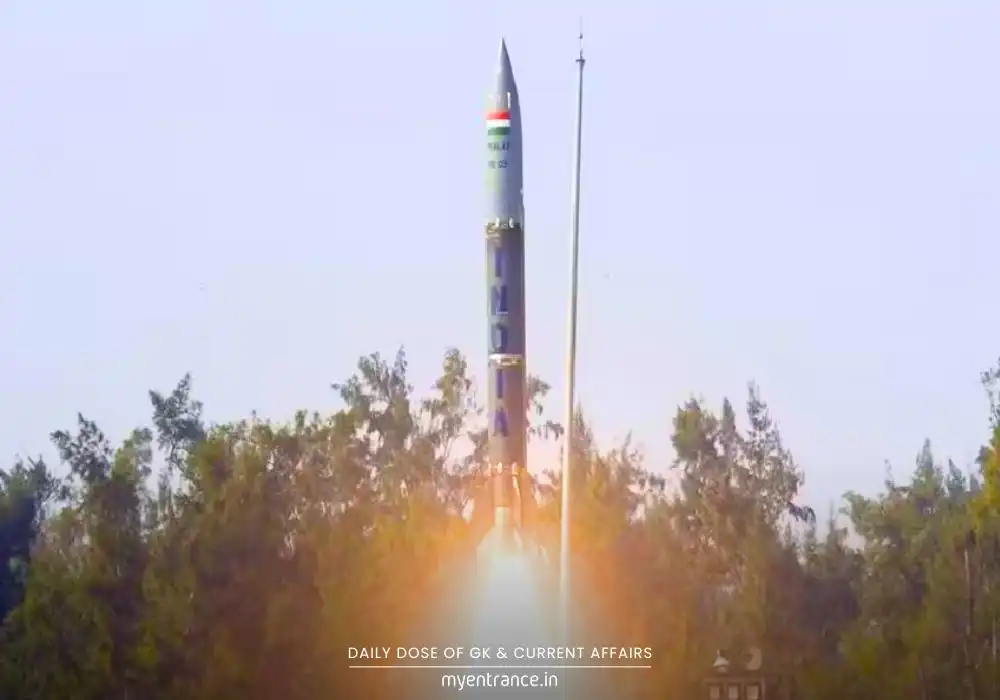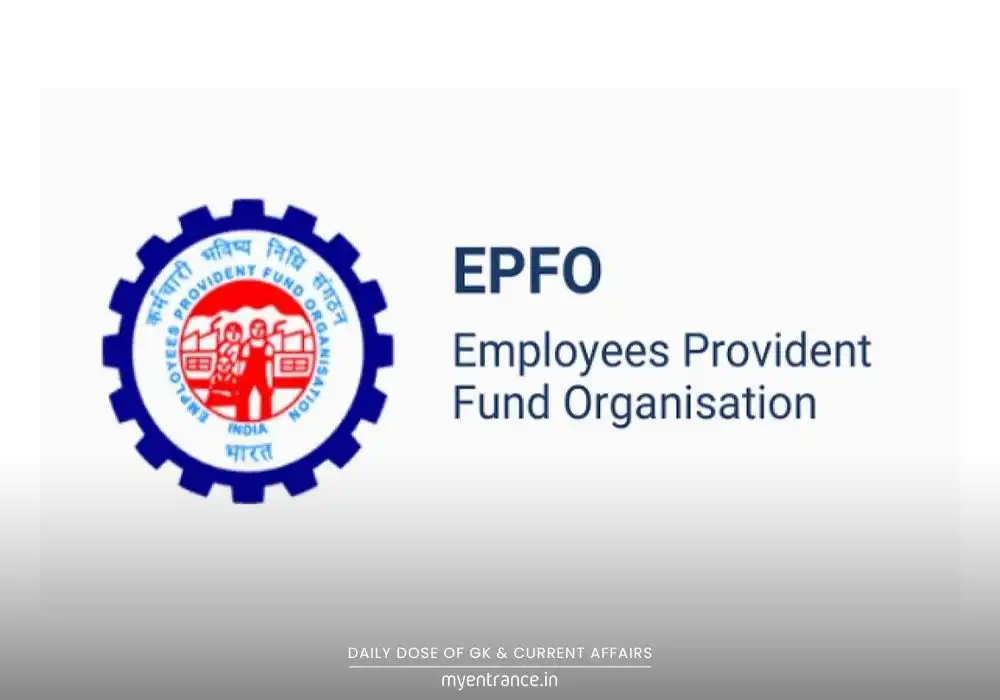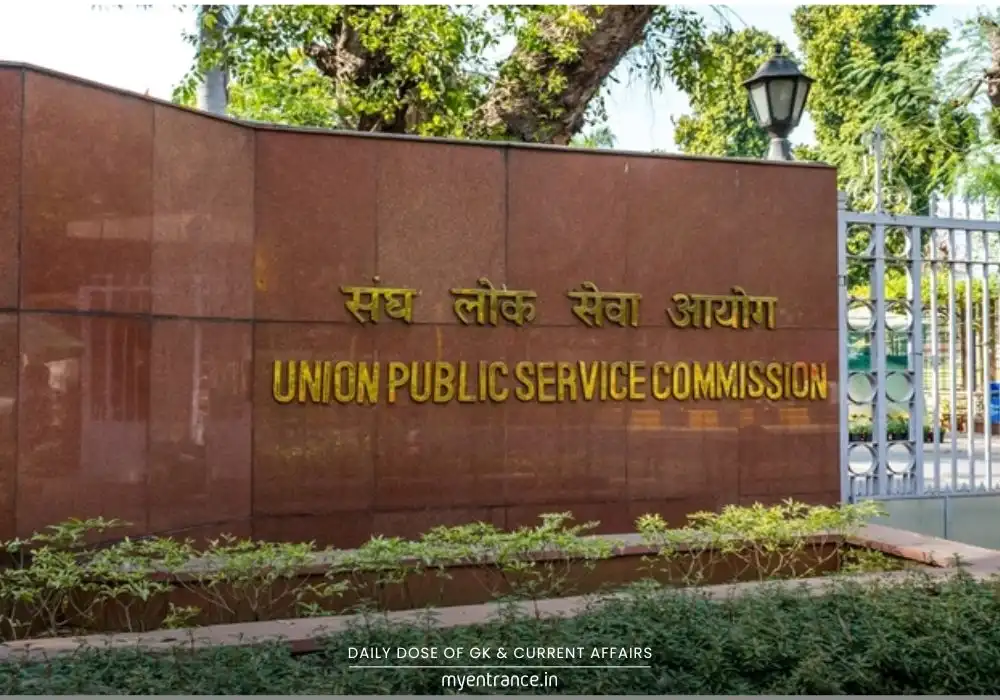Select Language
India-US Trade Talks: Why Are Corn, Ethanol, Soybean & Dairy “Red Lines” for India?
India’s ongoing trade negotiations with the US face major hurdles over agricultural products. The government firmly labels corn, ethanol, soybean, and dairy as “red lines,” prioritizing farmers’ interests over foreign market access.
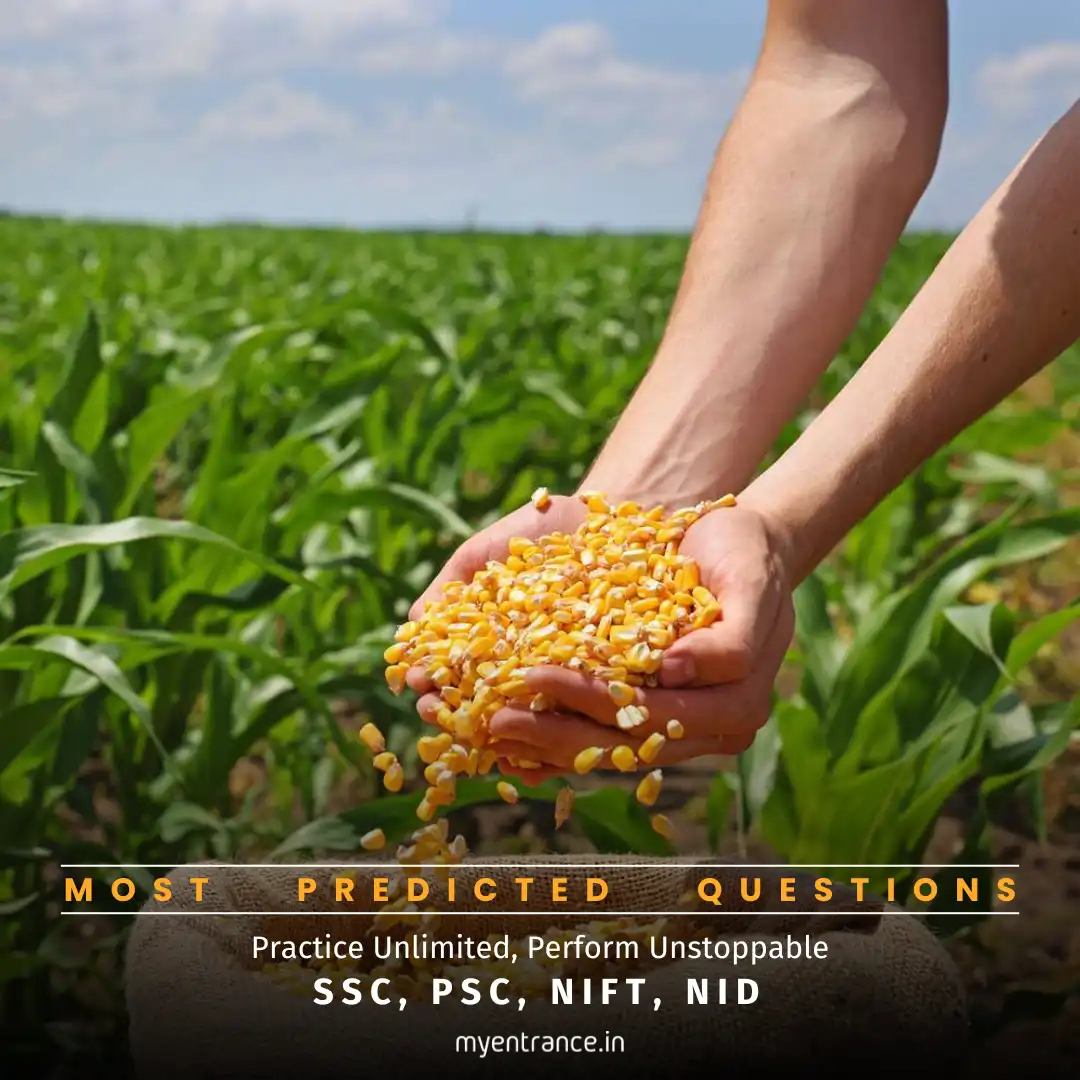
The Core Conflict: India’s Agricultural Red Lines
India refuses to weaken protections for its agriculture sector in trade talks with the US. Finance Minister Nirmala Sitharaman has emphasized that farmer welfare is non-negotiable. Here’s why these four products are contentious:
Corn (Maize)
US Demand: Wants India to import GM corn (94% of US corn is genetically modified).
India’s Stance: Bans GM corn imports; imposes 15–50% tariffs.
Compromise? A proposal exists to allow GM corn only for ethanol fuel production—currently, 46% of India’s ethanol comes from maize.
Ethanol
US Goal: Access to India’s massive fuel-ethanol market (projected 9,650 million litres by 2025).
India’s Rule: Only permits ethanol imports for non-fuel uses (medicines, chemicals).
Reality: The US is the world’s top ethanol exporter, with India as its 3rd-largest market ($441 million in 2024).
Soybean
US Advantage: GM soybean yields 3.5x more per hectare than India’s non-GM crops.
India’s Limits: Allows GM soybean oil imports but bans whole beans/de-oiled cake (GM protein risks).
Dairy
US Hurdle: High Indian tariffs (30–60%) make imports unviable.
India’s Priority: Shielding dairy farmers from global giants like New Zealand and the EU.
Why This Matters for Your Exams (SSC, PSC, UPSC, NIFT/NID)
UPSC Prelims: Current affairs on international trade disputes.
UPSC Mains GS-II: Bilateral agreements impacting India’s sovereignty.
UPSC Mains GS-III: Agricultural economics, GM crops, and resource mobilization.
Design Exams (NID/NIFT/FDDI): Biotechnology debates (e.g., GM pros/cons) often feature in GK sections.
Broader Relevance: Connects to food security, farmer rights, and sustainable development goals.
Sample Exam Questions & Answers
Q1: Why are corn, ethanol, soybean, and dairy called “red lines” in India-US trade talks?
A: India prioritizes farmer welfare and food security, refusing to lower tariffs or allow unrestricted GM imports in these sectors.
Q2: What is India’s stance on GM crop imports?
A: Only GM cotton is legally cultivated. GM food crops (like corn/soybean) are banned due to health and ecological risks.
Q3: How does India currently use imported ethanol?
A: Ethanol imports are permitted only for industrial non-fuel purposes (e.g., pharmaceuticals), not petrol/diesel blending.
Q4: Why does India allow GM soybean oil but not whole soybeans?
A: GM protein residue exists in raw beans, not refined oil. This minimizes health risks while meeting edible oil demand.
Q5: What lesson does Bt cotton offer for GM crop policy?
A: While Bt cotton boosted yields (192% growth since 2002), it also exposed risks like pest resistance and corporate monopolies—cautioning balanced policymaking.
Get 3 Months Free Access for SSC, PSC, NIFT & NID
Boost your exam prep!
Use offer code WELCOME28 to get 3 months free subscription. Start preparing today!



